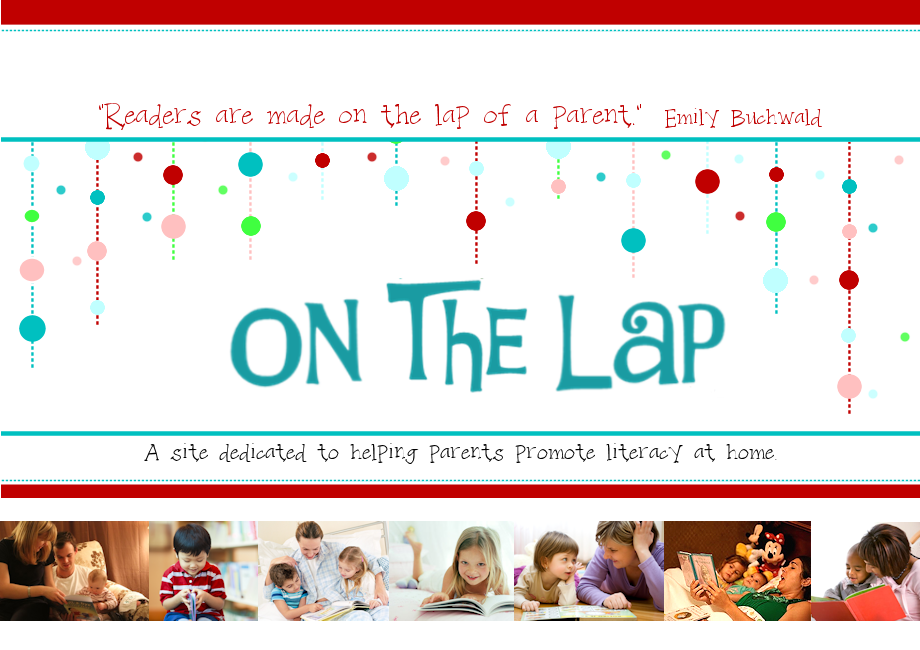- From birth, children learn about language through conversations at home, playing with friends, listening to radio, watching television and so on. Children grow up knowing how words name things, describe things, denote action and link thoughts. Children also learn how language has different tones and sounds. They know how words go together to make sense.
2. Pictures - information in pictures and graphics
- Encourage your child to look at the pictures and graphics to see whether there is some clue to help figure out what might come next.
- Can you find something to give you a clue?
- What does the picture show?
- Just as oral language makes sense, so does printed language. When a child reads, keeping in mind what has already happened can give important clues about what might happen next or what the text says.
- What do you think might happen next?
- What happened when...?
- Do you remember the part we read about...?
- Sometimes skipping a word can help determine an unknown word. This is called reading on. Encourage your child to read beyond a problem word to see if that will help give a needed clue. Then ask your child to go back to the start of the sentence and try again.
- Certain kinds of text include patterns that can help a reader.
- patterns of words, phrases, or verses that repeat such as Teddy Bear, Teddy Bear
- rhyming words such as; One, two, buckle my shoe.
- flowing rhythms such as; Over in the meadow, where the green grass grows.
- When other strategies fail, encourage your child to look at the letters and combination of letters in the word. Looking at the first letter sound and/or familiar word parts (beginning, endings, root words, etc.) can provide another important piece of the puzzle. For example.
- fish, fishing
- walked, talked
- slow, slowly, slowest
Good readers learn to put all the pieces of the reading puzzle together. Learning how to do this requires lots of practice. Encourage your child to try what he or she things will work and to try something else if that piece of the puzzle doesn't fit.
Enjoy your shared reading times. Together, you and your child can make a great reading team.
click the link above to print the bookmark below.



1 comment:
I have a question: What do you think about the Baby Can Read program?
Post a Comment